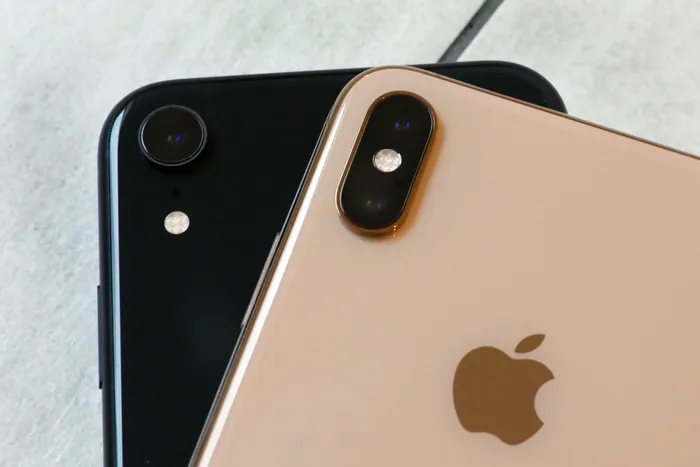
Photo: AP Photo/Richard Drew Photo: AP Photo/Richard Drew
CAPE TOWN – Nothing is really new from recently launched Apple products this week, except for one major step towards sustainability. For the first time, Apple launched the new and greenest Mac ever.
Apple announced that the 2018 models of its MacBook Air and Mac mini would both be manufactured with 100percent recycled aluminium. The tech giant also announced new improved products such as the iPad Pro and redesigned stores.
The iPad Pro has been revamped with a better keyboard as well as Face ID capability. iPad Pencil has been upgraded with version 2 that attaches itself to the iPad and the ability to charge wirelessly.
The move by Apple towards a circular economy, which includes development of products with recycled material is a step in the direction for a company that contributes significantly to the global e-waste challenge.
This is, however, not enough to curb the impact of e-waste.
Apple needs to do more and live up to its values of making a better world with its products.
Frequent product launches by Apple is at the heart of the problem.
As long as tech companies such as Apple and other hardware manufacturers continue to create an in-built obsolescence on their products, no amount of recycling and circular economic approach will make a difference.
Recently, The Guardian reported that Apple had been fined 10 million (R166.71m) for the “planned obsolescence” of their smartphones.
An investigation conducted by the Italian Competition Commission Authority found that certain Apple smartphone software updates had a negative effect on the performance of the devices.
A number of Apple users on Twitter have also confirmed that updating their devices had the effect of slowing the performance of the phone.
In the past, Apple has admitted it had intentionally slowed iPhones with degraded batteries through software updates to avoid sudden shutdown problems.
The trillion-dollar tech company appears to have built its business on products that have a shorter lifespan, which then forces its owners to get newer versions. The reality, however, is that it is not necessary to keep getting new gadgets.
Instead of frequent product launches, Apple should give users more freedom to keep the hardware longer and update the software.
Built-in obsolescence in digital products should be discouraged for the sake of our environment. Companies such as Apple should consider business models that focus less on device ownership and encourage a subscription model.
Automotive companies such as Mercedes-Benz are already considering such models.
Minimalism and less materialism is the future and product manufacturers ought to find business models that will take this move into account and in the process, save the environment.
Users of digital products should be given a freedom to upgrade their devices by getting necessary parts to enhance their products.
Apple can continue to update software when necessary and consumers can simply get the required chip and others to align software performance with hardware.
It is only when such an approach has been adopted by Apple that they can be considered serious about sustainability of the environment.
Their latest Mac production approach is just a small step. Apple can do better in leading tech giants in creating greener products.
Wesley Diphoko is the editor-in-chief of The Infonomist and the founder of Kaya Labs. You can follow him on Twitter via: @WesleyDiphoko
The views expressed here are not necessarily represent those of Independent Media.